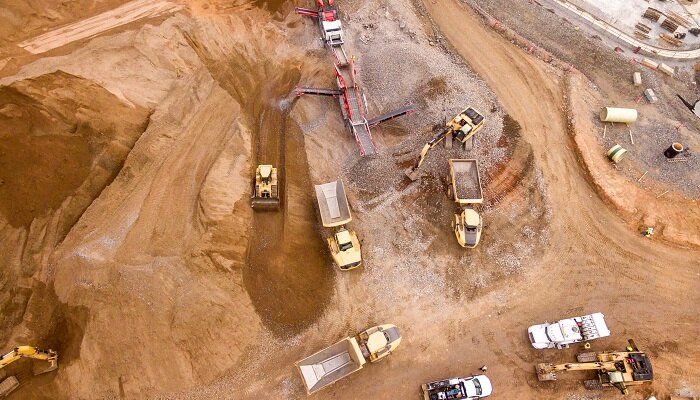Some might not see a connection between construction and logistics. However, construction logistics is very important. It is the process of planning, implementing, and managing construction materials from their production to their use, often involving full truckload shipping to ensure timely and efficient delivery. It is one of the important parts of construction projects. If done right, it will help keep up the schedule and prevent going over the determined budget. This article explores the importance of construction logistics and how to implement a successful system.
Construction logistics explained
Construction logistics involves planning, managing, transporting, storing, and distributing construction materials and equipment. The goal is to ensure that the needed resources are delivered at the right place and time. It has a significant influence on the success of the project. If it is poorly planned, the construction process will face disruptions, delays, and accidents. When done right, Construction Logistics ensures an efficient method. The construction project will meet the deadline and budget limitations while meeting the quality standards. From planning the routes for delivery to finding proper storage to protect the materials, Construction Logistics has a lot of phases that can face disruptions. For example, severe weather can affect the delivery of materials, which will postpone the construction process. Construction Logistics faces so many challenges and requires thoughtful planning and management to ensure the project runs smoothly without any underwater stones.
Construction Logistics Plan
Shipping the construction logistics plan can be very challenging as there are a lot of things to consider. In addition, we share a few areas where some problems can arise.
Construction site
The construction site is one of the crucial things to consider when developing a construction logistics plan. You should consider the layout, climate, and accessibility. For example, the construction site might be located in an area with severe weather conditions. You need to consider this when doing your plan. This means you need to protect the equipment and materials and count for the delays. Another essential thing to consider is the schedule. Make sure your planning aligns with the construction schedule. You need to align the labor and materials available for every stage to avoid delays. Local Laws Construction logistics should be mindful of the local regulations. For example, the area might have specific laws regarding traffic patterns, noise levels, and environmental impacts. If the company doesn’t follow them, this can result in delays and costly fines. Also, be sure to count on any construction delays during a specific time of the year to account for your plan.
Material storage
The material should be stored appropriately to avoid damage, ensure accessibility, and minimize the transportation time to the construction site. Creating a storage plan isn’t that easy, as it should consider the type of materials available, space, and size of the construction site. At this point, you should also consider storing materials in a closed space to prevent damage. Creating a storage container might be feasible for larger items, such as pipes and lumber. Does the construction site have limited available space? Then, you might want to consider off-site storage to ensure equipment and materials are safe and secure.
Delivery
The materials needed at the construction site are often heavy and oversized, which makes the process challenging. This is especially difficult when the site is within a busy area with limited access. Consider the weight and size of the materials, the number of trucks, the route and time of delivery. This will help organize an optimal delivery process that helps meet the schedule.



































